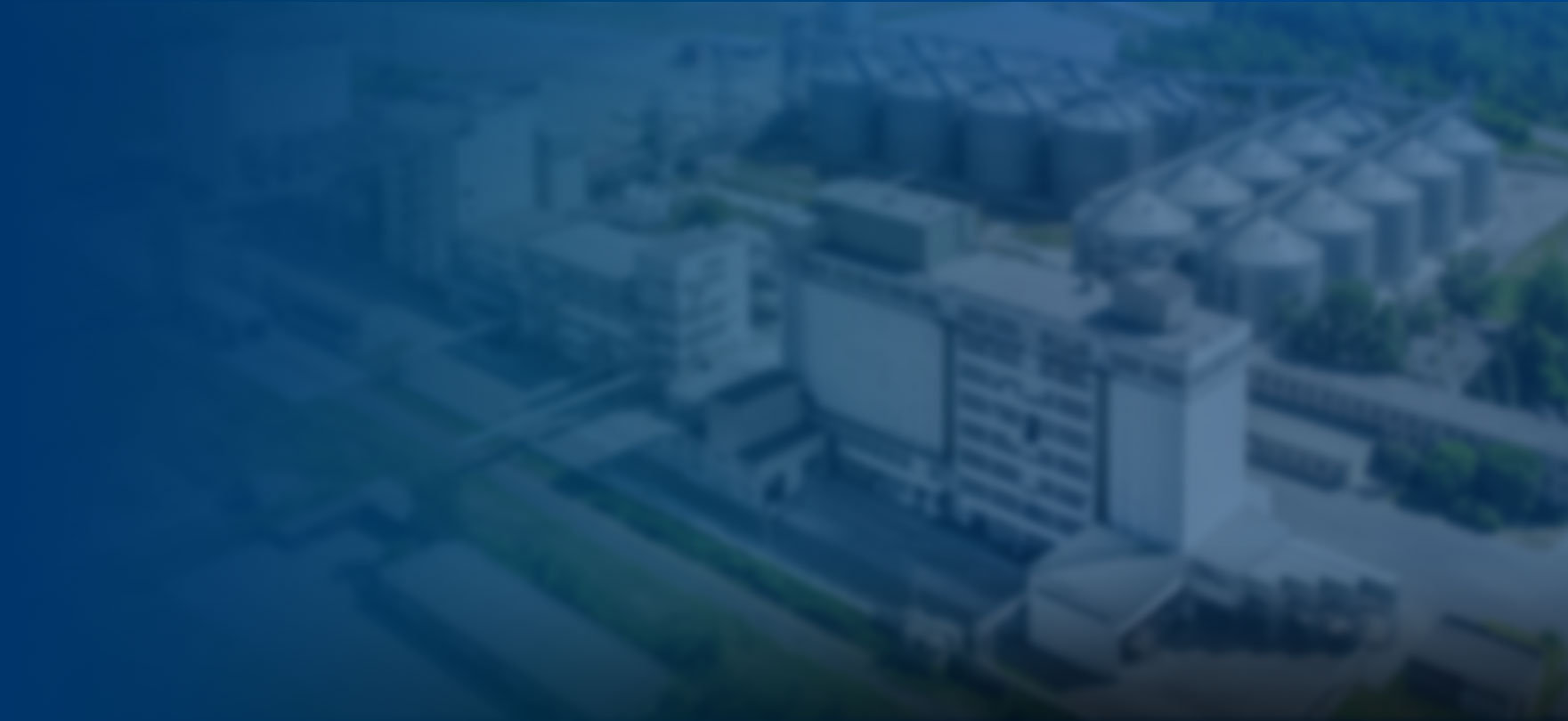
Discover advanced organic fertilizer machinery for high-quality production. Boost efficiency, save costs, and promote eco-friendly farming.
Organic fertilizer production solutions for turnkey projects can be customized. From the crushing and mixing of straw and animal manure, to turning and fermentation; you can also choose whether to produce organic fertilizer granularization. We can provide you with complete organic fertilizer production equipment.
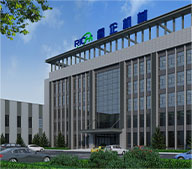
Brand
RICHI
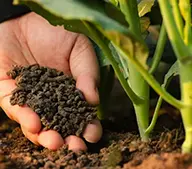
Application
Organic Fertilizer
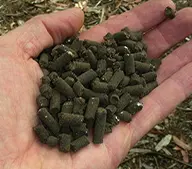
Finished
Powder / Granules
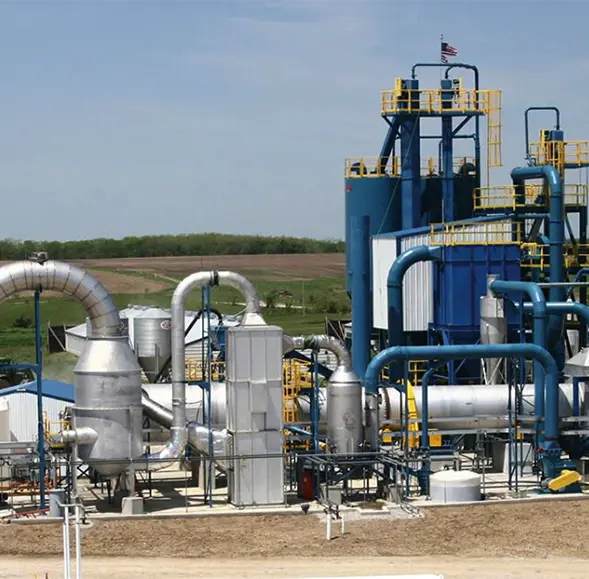
Henan RICHI Machinery Co., Ltd
Each section below represents a production stage. Continue to learn more about organic fertilizer production equipment

Henan RICHI Machinery Co., Ltd
With optimized production process combined with high quality organic fertilizer production equipment, we provide you with the strongest quality and service guarantee on your investment in organic fertilizer production plant. From the processing of raw materials to the later fermentation of the finished product; from organic fertilizer powder to organic fertilizer granule production, we also make your organic fertilizer production business have strong competitiveness in the market and maximize your revenue.
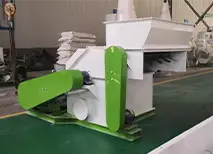
Straw Crushing Machine
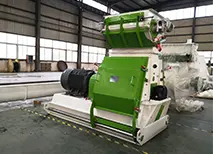
Manure Crushing Machine
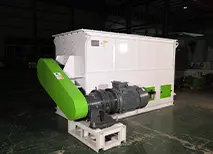
Organic Fertilizer Mixer
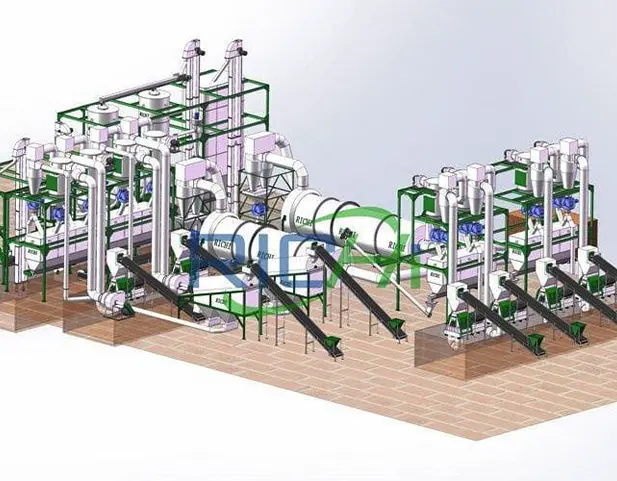
From raw material handling to fermentation and turnling, we give you complete solutions and organic fertilizer production equipment. All you need to do is to tell us how much production output you need and the size of your land, and then you can leave the rest to RICHI Machinery.


HENAN RICHI MACHINERY CO.,LTD
Henan Richi Machinery Co., Ltd was founded in 1995. After nearly thirty years of development and expansion, RICHI Machinery has grown into a modern enterprise covering an area of 60,000 square meters and integrating independent research and development, production and sales.
The products involve feed pellet machinery and engineering, biomass pellet machinery and engineering, organic fertilizer machinery and engineering, conveying equipment and engineering, steel structure engineering, silo, automation control technology and engineering, etc., and each product series has passed ISO 9001 international quality management system certification and CE certification!
Get Quote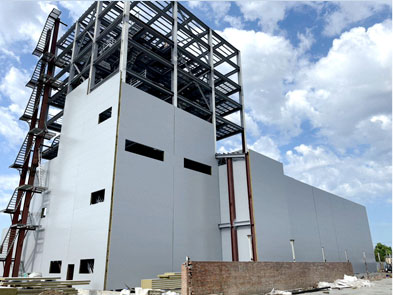

This state-of-the-art equipment supports a wide range of feed formulations for poultry and livestock, improving feed quality and reducing production costs. And its scalable design accommodates future expansion.
Learn More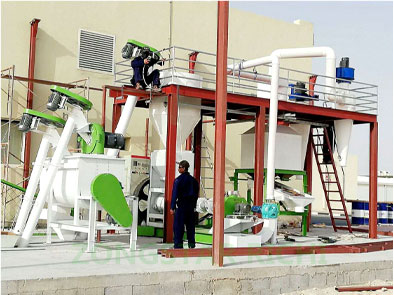

The system is fully automated, enabling seamless operation with minimal labor and supporting sustainable agricultural practices through the use of alfalfa and other forages.
Learn More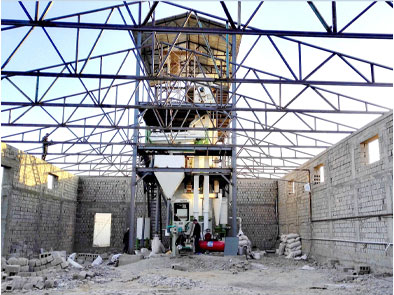

Hardwood residues are processed into durable, high-energy biomass pellets. Designed for industrial production, the system utilizes advanced drying and pelletizing technologies to ensure efficiency and quality.
Learn More

This project is capable of producing fish and shrimp feeds, equipped with precise extrusion technology for superior feed quality. The customer emphasizes its reliability and ease of operation as the main advantages.
Learn MoreDiscover our streamlined buying process that makes it simple and efficient for you to get a complete pellet production line. Every step of the way is customized for your convenience, from the initial schematic design and precise manufacturing process to secure payment options and on-site installation and commissioning. At the same time, our dedicated spare parts service ensures ongoing support and optimal machine performance, giving you peace of mind for years to come.


Solution Formulation
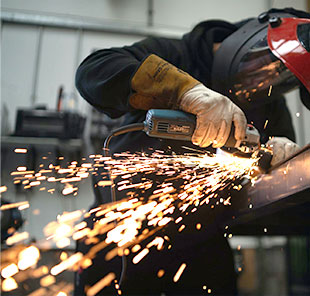
Equipment Manufacture

Secure Payment
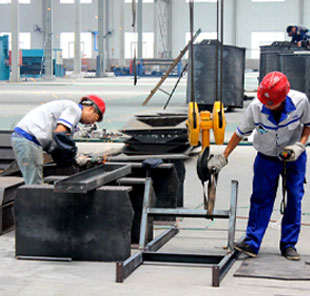
Spare Parts Service
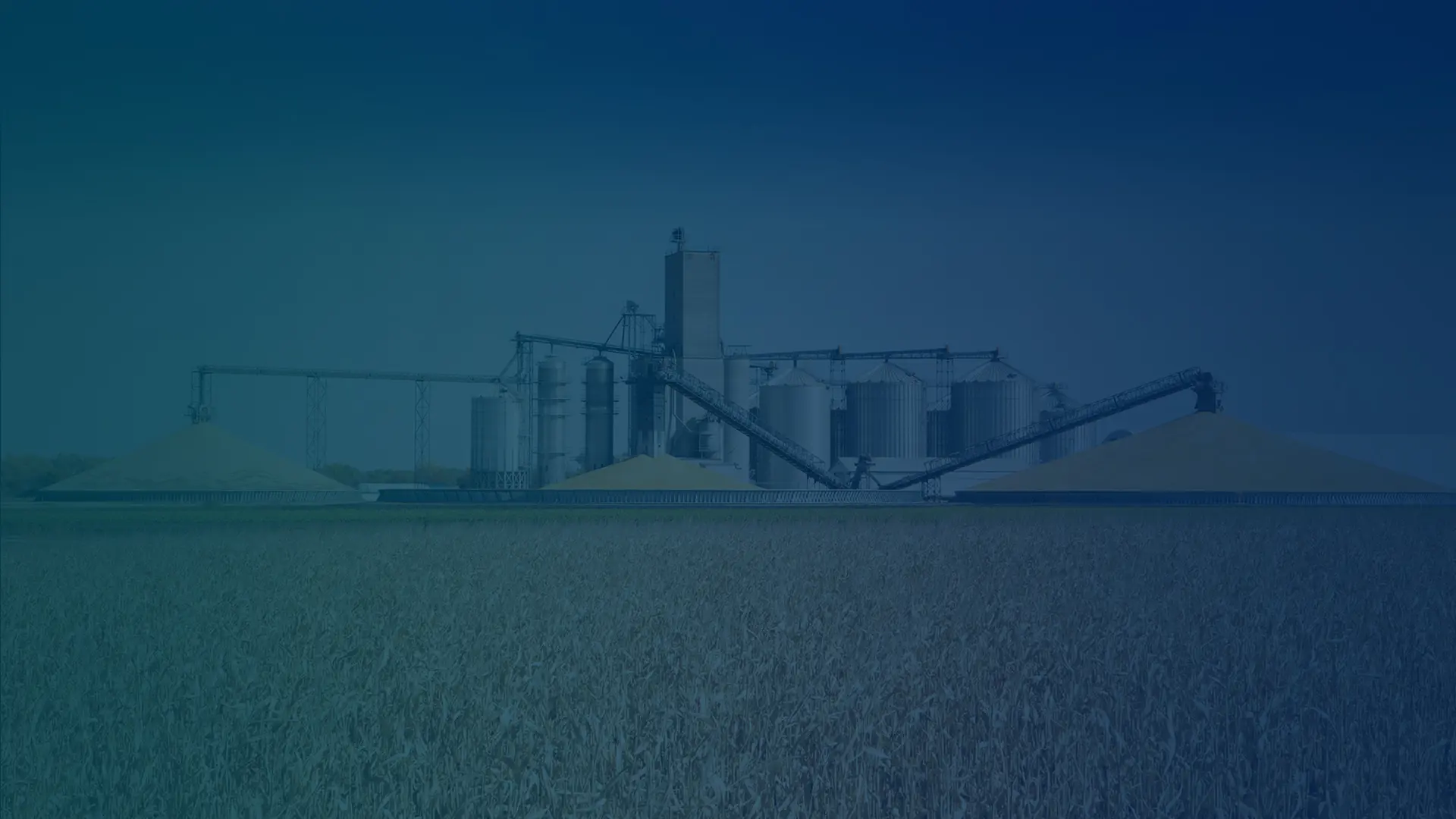
What raw materials do you intend to use for pellet production?
How many tons per hour about this plant you want to build?
Where will your pellet mill plant be built?
When do you plan to start this project?
Organic fertilizer production line includes a range of equipment designed to process raw organic materials into high-quality fertilizer granules. Here’s a detailed list of the key equipment typically included:
These machines work together to create a streamlined, efficient process for converting raw organic waste into high-quality fertilizer granules. The exact configuration can be customized based on production capacity, raw material type, and specific customer requirements. Contact us to start customizing your organic fertilizer production plant today.
The purpose of an organic fertilizer granulator is to convert finely powdered organic materials, such as composted manure, agricultural waste, or other organic substances, into uniformly shaped granules or pellets. This process offers several key benefits:
Yes, organic fertilizer machinery can process various raw materials, including animal manure, agricultural waste, food waste, and composted organic matter.
Setting up a complete organic fertilizer production line involves multiple steps from planning and equipment selection to installation and operation. Below is a detailed guide, please contact us for more detailed information:
With proper maintenance, high-quality organic fertilizer machinery can last for several years, ensuring long-term reliability and performance.
Yes, most organic fertilizer production equipment can be customized to suit specific production capacities, raw material types, and customer requirements.
If you need further information, please contact us

For all inquiries fill in the form below to send us a brief message,and we will get back to you as soon as possible

RICHI stick to the service principle is: We are focusing on your future, your future is our future!
© HENAN RICHI MACHINERY CO., LTD 1995-2025
Product Line-Up / Privacy Policy